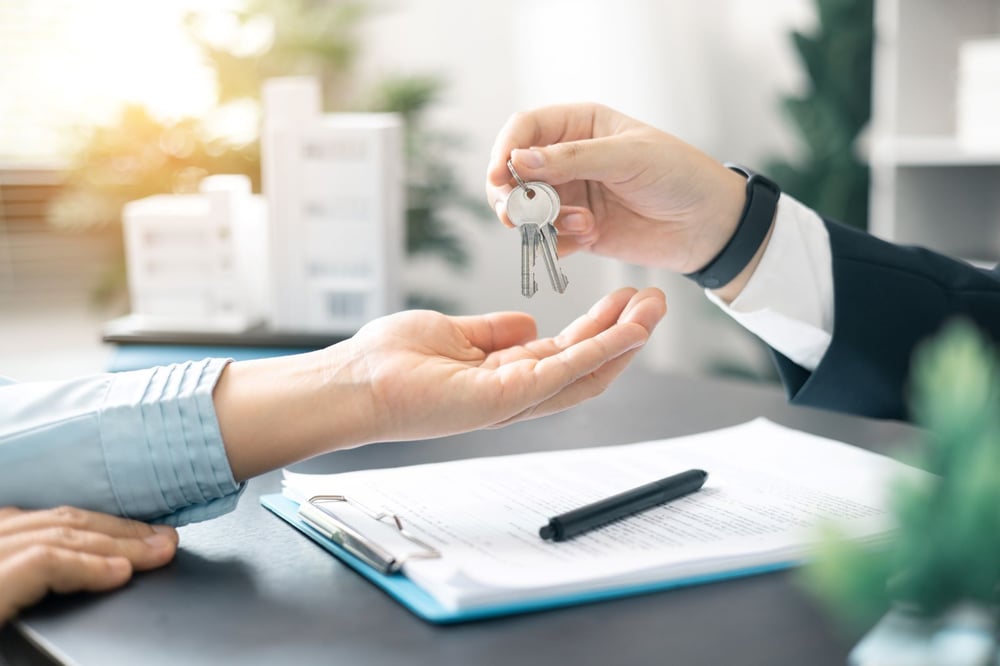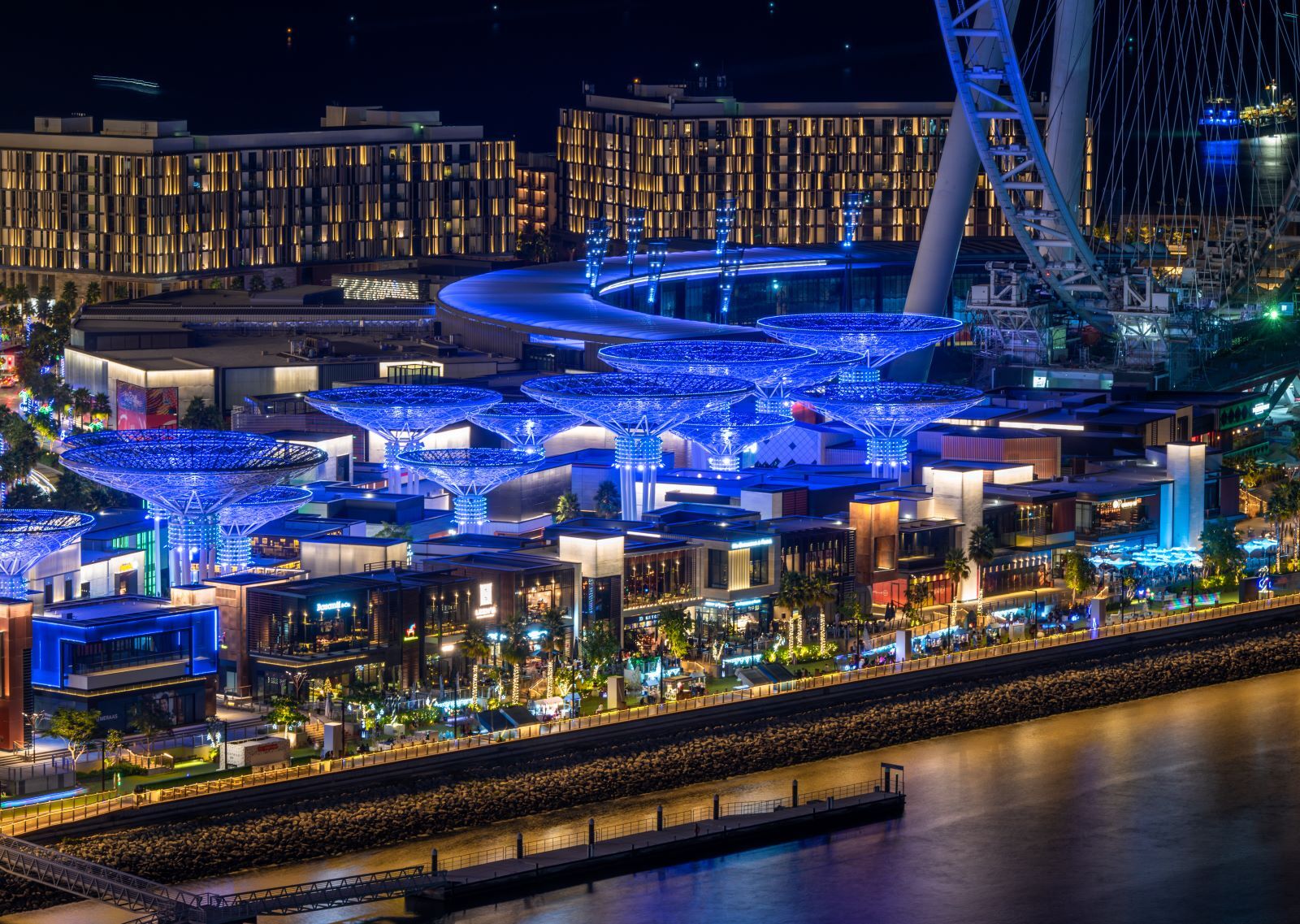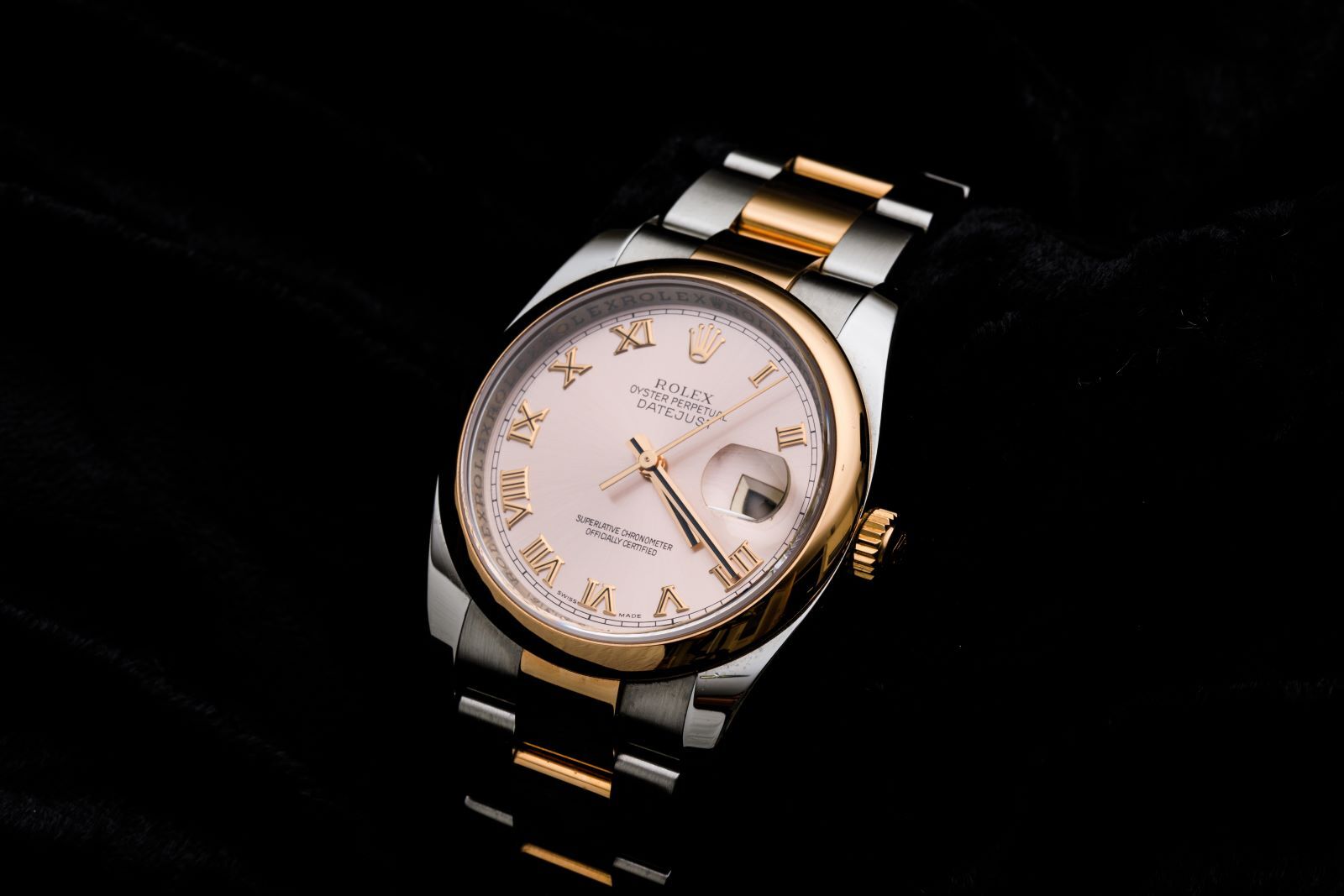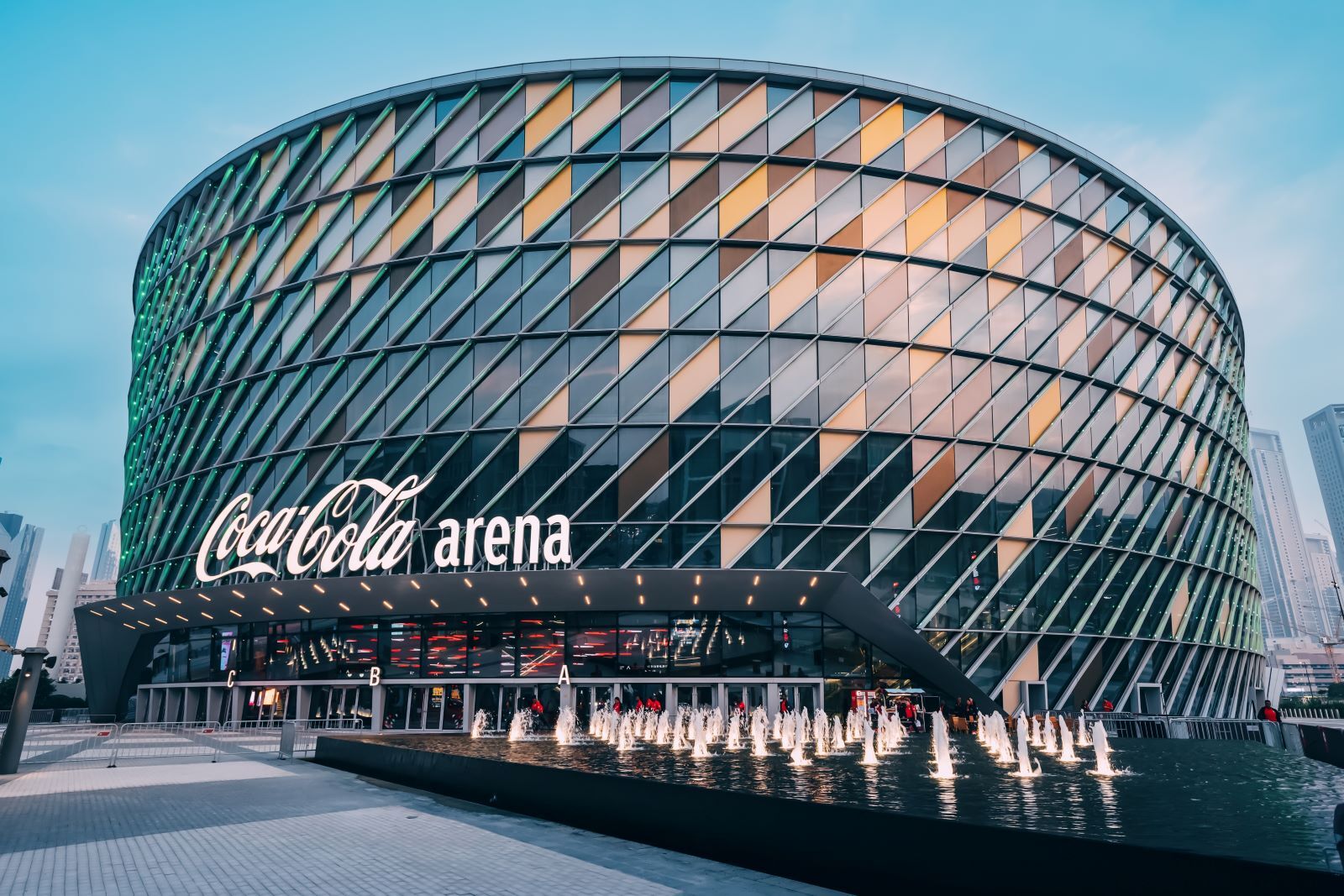6 Buyer Mistakes to Avoid in Dubai’s Prime Property Market: Expert Insights
Published: 22 September 2025
Dubai is one of the most intriguing cities in the world for potential property buyers. Renowned for its modern architecture and exclusive lifestyle, in addition to tax perks, the city has established itself as a global hub for culture, finance, and high-end real estate.
While buying property is at times a complex and emotional process, purchasing in a foreign market like Dubai has its own unique intricacies. As trusted experts in the super prime sector, we have guided countless clients through Dubai’s real estate landscape with confidence. Whether you're in the market for a primary residence or a high-performing investment, this guide will help you avoid the most common – and costly – mistakes buyers make.

Underestimating the Importance of Proper Representation
Dubai Sotheby’s International Realty agents specialise in finding the perfect property for you. From the initial search to completion, they are there to ensure a smooth and professional experience throughout.
Misrepresentation is one of the biggest mistakes potential buyers might make during the early stages of their purchase process. It is paramount that due diligence is carried out where your real estate professional is concerned. Just as in any market, choosing the right representative is essential in Dubai’s prime property sector. Working with trusted professionals and verified real estate entities helps ensure a seamless and secure transaction. As such, it is important for potential buyers – especially those from overseas – to ensure their agent has up-to-date RERA certification and a valid BRN (broker registration number).
Over Personalisation
Whilst there is no immediate problem with customising a property, it can occasionally present a problem.
When planning and designing a bespoke property, long-term flexibility is a key consideration. Many UHNWIs adapt layouts and designs to suit cultural preferences – for instance, ensuring a home is Vastu-compliant; a significant consideration for some Indian buyers who believe in the science of architecture.
Such changes can significantly influence future resale value, as they may alter the residence’s flow and overall appeal for buyers from diverse cultural backgrounds. For example, European buyers often prefer open-plan living that fosters family connection, while GCC buyers traditionally favour layouts with greater separation for privacy. Similarly, majlis rooms – formal gathering spaces central to GCC culture – add distinction and allure for regional clients, though international buyers may prioritise other features.
It is important to note, however, that while turnkey properties are preferable for most, some buyers would relish the opportunity to renovate a property and model it in their own likeness.
Market Considerations
Dubai experiences various market cycles – meaning what was fashionable last year might not be this year. This represents both risk and reward. In such a vast and diverse market, missed opportunities – or even worse, overpaying – can be something UHNWIs might occasionally run into.
Before making a decision on which property you are going to buy, would-be buyers may want to familiarise themselves with market conditions. This could mean looking at property in slightly different areas or prospecting in up-and-coming neighbourhoods, which could yield long-term value.
Many UHNWIs decide to relocate to Dubai due to a myriad of factors. One such factor is attractive tax regulations. Residents of the UK and Germany, for example, both face 50% income tax, whilst Finland stands at 55%. The 0% income tax on offer in Dubai, then, is a highly seductive proposition. For this reason, some buyers in the prime and super-prime markets may sometimes pay a premium, particularly when factoring in potential tax savings in their home countries. The same property could, however, be available at a different price point for other clients, depending on circumstances and market timing.
Super-prime buyers might also want to consider the amenities in the local area. Things like accessibility to schools are key for young families, while other people will be more concerned with access to healthcare or easy commutes.
Reputable agents will know all about which areas and properties offer the potential for the highest resale value, so proper representation will help guide you towards the best neighbourhoods to suit your needs.
Overlooking Developer Reputation
Since the Dubai market is still expanding, off-plan properties are a common part of the buyer’s market. Off-plan – or buying before the property has been built (or is still under construction) – can offer value, occasionally providing the buyer the chance to have some sort of input on finishes and layouts, for example.
There are, however, occasional yet inherent risks involved when buying off-plan. While reputable developers provide the best options in terms of security, lesser-known developers, though often presenting attractive pricing, can occasionally face construction delays or even fail to deliver the project completely. Thankfully, RERA has updated measures designed to protect buyers in the event of delays or cancellations when dealing with off-plan properties, but it still pays to be diligent.
Reputable agencies have better access to developers and a more expansive network, which is key when considering which property and where to purchase. This helps buyers mitigate risk and provides better insight into the off-plan market, which then helps formulate decisions for the best investment choices.
Selecting a reputable, market-leading real estate firm ensures contact only with trusted developers with proven track records. Strict standards are essential and working with an experienced agency helps mitigate unnecessary risk, whilst also providing access to niche developers who can provide both privileged access and the utmost discretion. Real estate agencies that work exclusively with prime and super-prime properties implement a vetting system every step of the way, meaning even third parties have been stringently screened.
While your agent will strive to find the most suitable property for you, it is always a good idea to independently verify any investment suggestions. This will, ultimately, further help to mitigate risk.
Disregarding Legal Aspects (Mortgage, RERA, Additional Fees)
When buying a property, there are a certain number of legal and financial regulations to take into account. Understanding mortgage rates and repayment terms is imperative (if applicable to your situation), which can be navigated by hiring an adviser who specialises in high-value mortgages.
The UAE Dirham is pegged to the US Dollar, so Dubai’s mortgage rates often move in line with the US market. Most variable mortgages are based on the Emirates Interbank Offered Rate (EIBOR) plus a bank margin, meaning rates can rise if EIBOR increases. While buyers don’t need to monitor EIBOR daily, it’s important to understand how it can affect mortgage costs and to plan for potential market fluctuations.
Many mortgages in the city are variable, meaning your rate can change (sometimes significantly) over the course of the loan period. Fixed-rate periods often end after 1 to 5 years, at which point your payments can jump.
Dubai’s real estate market is regulated by DLD and RERA, so it’s important to ensure any property you’re interested in is registered with them. Investors will work closely with RERA, which protects buyer interests in dealings with developers and brokers. While a deep understanding of RERA isn’t necessary, it helps to be familiar with the basics. Buyers should confirm that their broker is RERA-licensed and that any off-plan development is RERA-approved. Would-be buyers should also be aware that there are often additional costs, which reputable agents can advise over.
Knowing the Difference – Freehold vs Leasehold
Whilst most buyers and investors in Dubai have heard the terms ‘freehold’ and ‘leasehold’, it helps to know the precise difference. Essentially, with a freehold property, you own the land the property sits on outright. With a leasehold, you do not have ownership of the land, which brings with it a couple of fundamental differences and restrictions.
While the leasehold is often a more attractive option on the surface, freeholds have fewer restrictions, so it is possible to make alterations to the property easily. You can also pass it down via inheritance or even benefit from visa perks; if you buy a freehold over AED 2 million, you are eligible for a renewable 10-year Golden Visa.
It is important to understand that only GCC clients are eligible to buy leasehold properties, however. Foreign buyers from outside the region can purchase property, but only freehold properties in the city’s designated freehold zones.
With serious capital on the line, making informed decisions before putting pen to paper will ultimately give you the best chance of securing a rewarding investment in Dubai’s property market.
From working with trusted professionals and researching the market to understanding the legal aspects of buying property in Dubai, being as thorough as possible is key. Understanding the difference between freehold and leasehold is also an important consideration.
If you are looking for assistance in navigating the local property market, don’t hesitate to get in touch with one of our experts at Dubai Sotheby’s International Realty.



